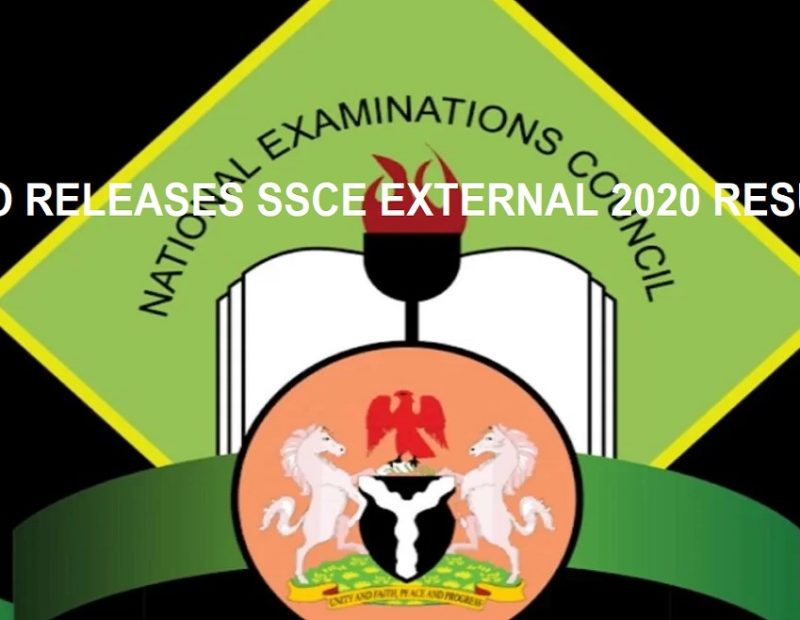Bola Tinubu, a former senator and a former two-term governor of Lagos State, has been declared the winner of the 2023 presidential election by the Independent National Electoral Commission (INEC). The 70-year-old candidate of the All Progressives Congress (APC) secured 8,794,726 votes, edging out his closest rival, former vice president Atiku Abubakar of the Peoples Democratic Party (PDP), by 1.8 million votes.
The announcement was made by the INEC Chairman, Professor Mahmood Yakubu, at the International Collation Centre in Abuja in the early hours of Wednesday, March 1, 2023.
During his tenure as the Executive Governor of Lagos State from 1999 to 2007, Bola Ahmed Tinubu implemented various educational policies aimed at improving the standard of education in the state. Some of these policies included:
Free Universal Basic Education: Tinubu introduced the policy of free and compulsory basic education for all children in Lagos State. This policy ensured that every child had access to quality education, regardless of their socio-economic background.
Provision of School Infrastructure: Tinubu embarked on a massive renovation and construction of school infrastructure across the state. He built new schools, renovated existing ones, and provided them with necessary facilities such as libraries, laboratories, and sports equipment.
Teacher Training and Development: Tinubu recognized the critical role of teachers in providing quality education and invested in their training and development. He provided opportunities for teachers to attend workshops, seminars, and conferences to improve their skills and knowledge.
Scholarship and Bursary Awards: Tinubu established various scholarship and bursary schemes to support students in their academic pursuits. These schemes included the Lagos State Scholarship Board, the Lagos State Bursary Award, and the Lagos State Education Endowment Fund.
Overall, Bola Ahmed Tinubu’s educational policies were geared towards ensuring that every child in Lagos State had access to quality education, and the policies implemented during his tenure helped to improve the standard of education in the state.
The impact of his presidency on education in Nigeria would depend on many factors, including his health, his policy positions, the economic situation in Nigeria, and the political climate. Therefore, the projections here would be purely speculative. Let us take a look at each of the factors identified:
His Health: During the campaigns leading up to the polls, Tinubu showed many signs of frail health. He frequently visited France for health reasons. This is aside numerous social gaffes that caused the citizens to worry about a possible onset of age-related dementia. The demands of governing an ethnically diverse and economically challenged nation like Nigeria is humungous. The present condition of Tinubu’s health will definitely impact on his ability to deliver results in the education sector similar to his time as Governor of Lagos State.
His Policy Positions on Education: Based on Tinubu’s previous record as Governor, it is reasonable to anticipate that he will prioritize initiatives such as teacher training, infrastructure development, scholarship and bursary opportunities (including for studying abroad), and possibly even free education. It remains unclear whether he will revive the Almajiri schools established during Former President Goodluck Jonathan’s administration. However, if he chooses to follow the path we speculate based on his past records, education in Nigeria may experience a significant improvement during his presidency.
The Economic Situation in Nigeria: The economic situation in Nigeria is undoubtedly unfavorable. The country’s debt profile has reached a level where servicing it is becoming increasingly challenging, thereby limiting the resources available for investment in crucial sectors like education. Even if Tinubu has good intentions for education, he may be unable to prioritize it due to other pressing matters.
The Political Climate: Currently, the political atmosphere in Nigeria is highly charged. This is primarily because of the numerous reported incidents of irregularities in the electoral process that resulted in Tinubu being declared as the President-elect, which INEC did not resolve. A significant portion of the populace perceives his victory as an electoral fraud, and this viewpoint could have an impact on his capacity to rally citizens towards the advancement of the country.
The potential impact of Bola Ahmed Tinubu’s presidency on education in Nigeria is uncertain and dependent on the variables we have discussed and much more. Although his record as Governor of Lagos State suggests that he may prioritize teacher training, infrastructure development, scholarships and bursary, and possibly free education, the country’s economic constraints may limit his ability to invest in the education sector. Additionally, who knows whether his Presidency will bring an end to the incessant strike actions by the academic staff of nation’s ivory towers. Ultimately, time will tell how Tinubu’s presidency will affect education in Nigeria.







